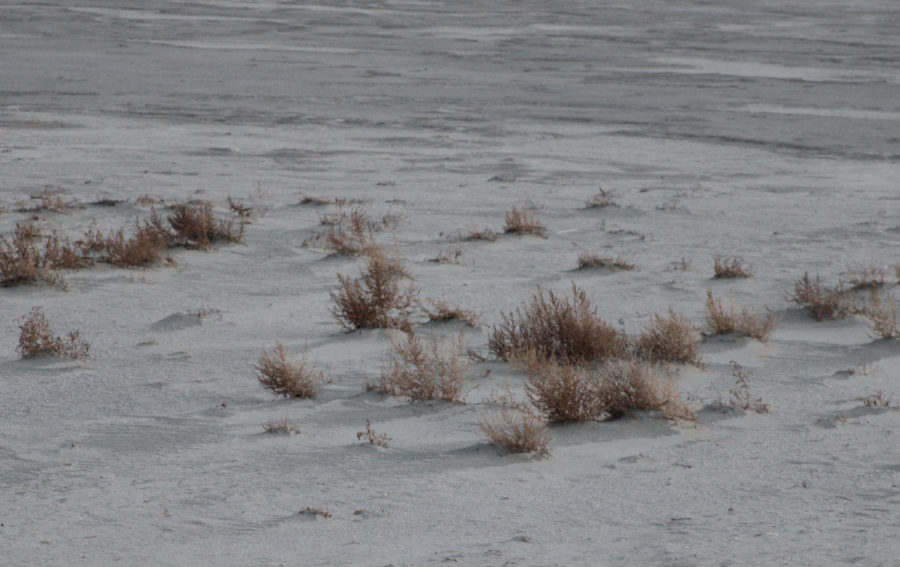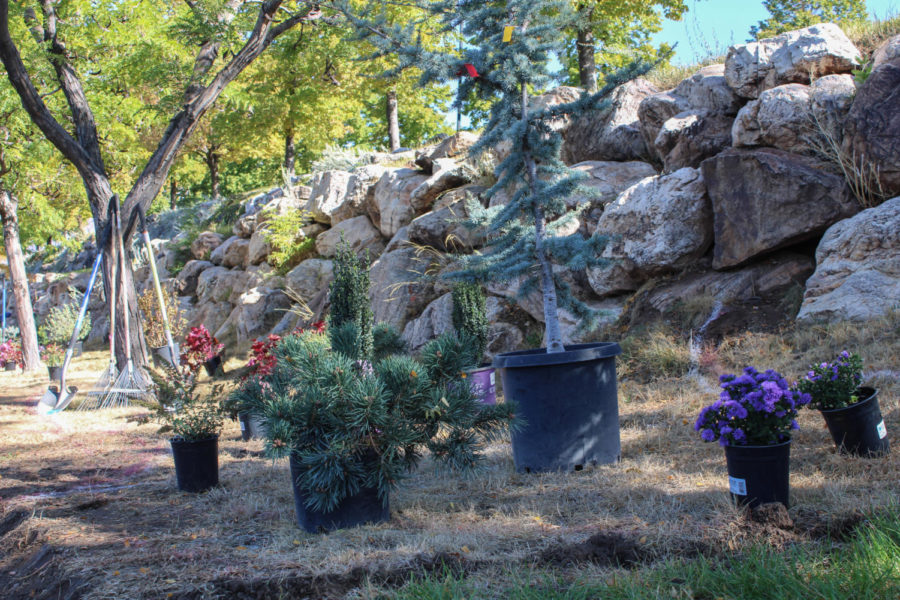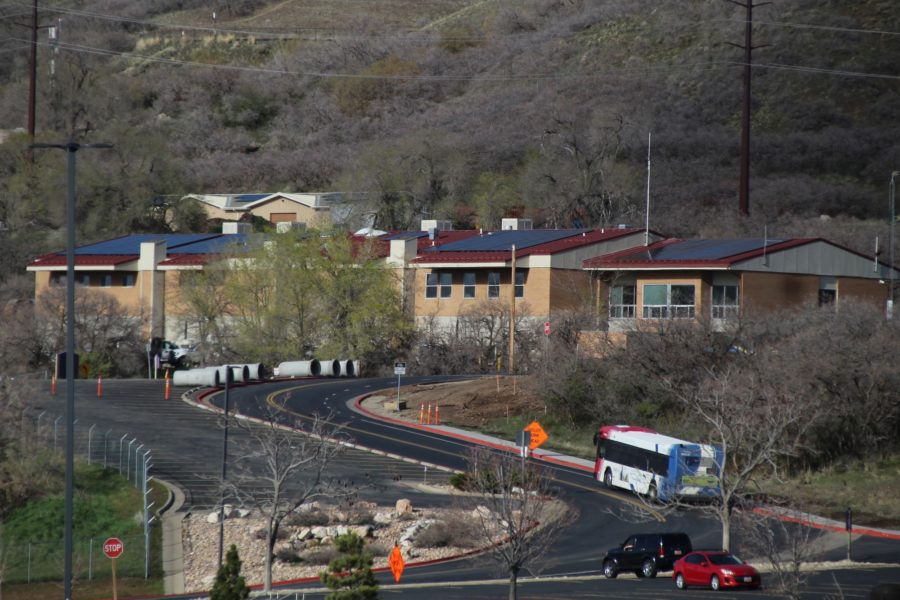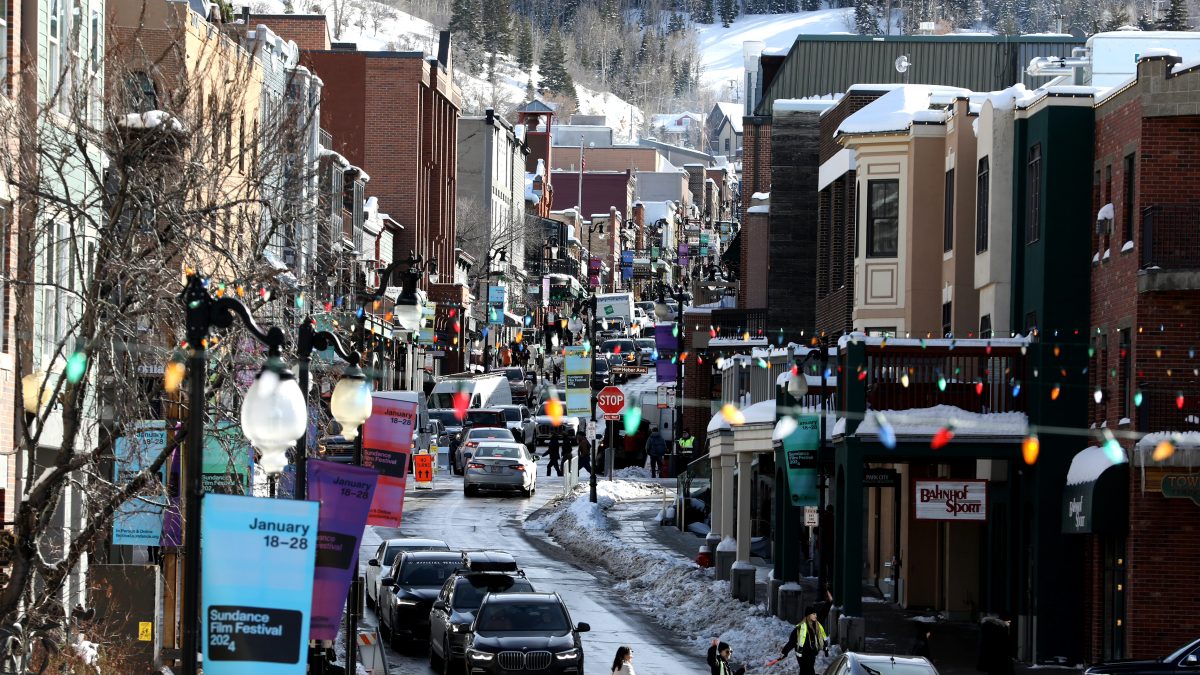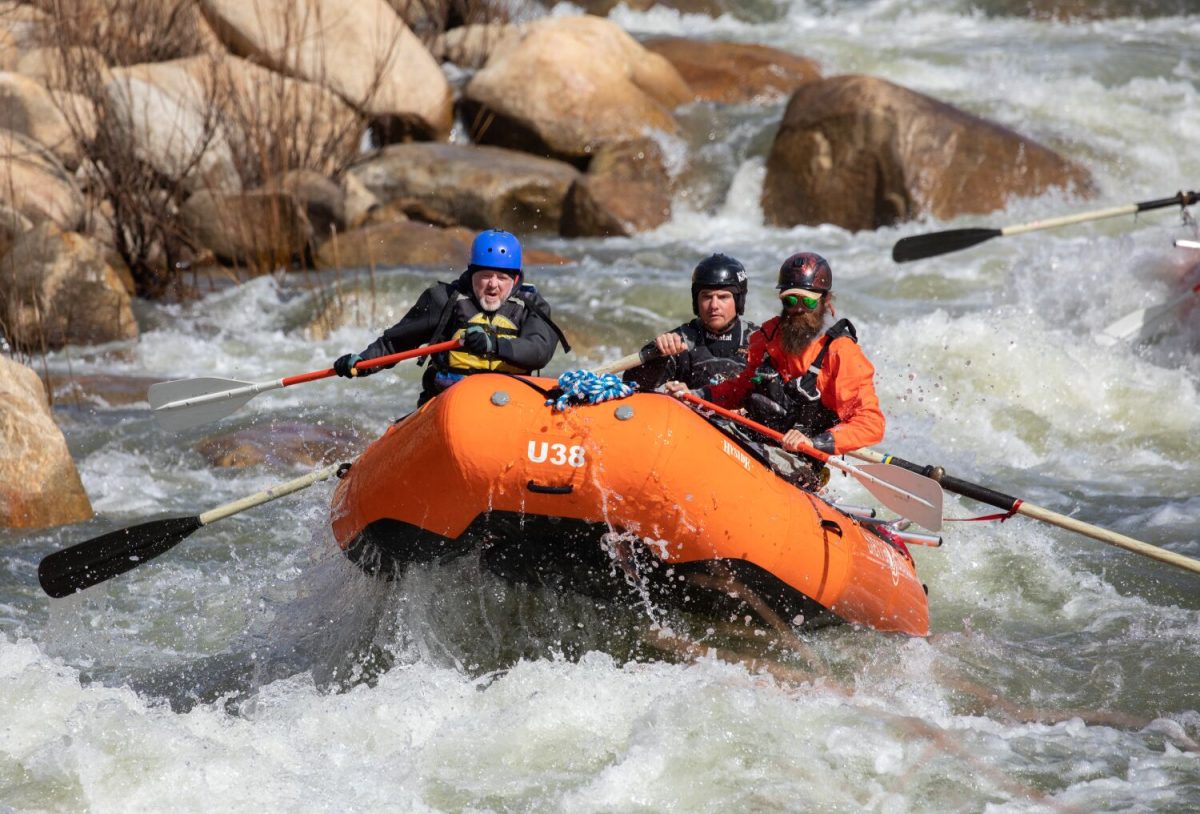Southern Utah is world-renowned for its breathtaking beauty. Painted cliffs etch pointed silhouettes across the horizons, marking canyon lines across a blooming sunset.
Anciently, Native American tribes revered the Canyonlands across central and southern Utah as sacred grounds where supernatural forces could carve patterns and colors into pure stone. Whatever spiritual inclinations visitors have today, the sanctity of the landscape is not lost on travelers or residents.
Utah has been the subject of much controversy in recent news. Aside from Tea Party dogma, DA disposal and gay marriage, one might not call to memory any other Beehive State-specific headlines. This is a shame.
In the past five years, groups ranging from the federal government to US Oil Sands have looked to Utah to solve fiscal and waste problems. Nuclear waste, tar sands and electricity have sought economic refuge in one of America’s most prized deserts, often with parasitic outcomes.
US Oil Sands (ironically a Canadian company) is currently knocking on Red Rocks’ door, looking to mine the tar fields found in southern Utah. The corporation has received all the necessary zoning and operations permits the state needs. Fidelity Oil is piping drinking water away from Moab and into refinement plants as we speak. Even the U.S. government wants to drop its nuclear waste under the shadow of Delicate Arch.
This kind of action is unacceptable. Utah houses many endangered species and fragile ecosystems. Many Native American tribes still hold the land sacred. Moab, Zion and countless other parks bring millions of dollars in tourism to Utah’s economy each year.
It would seem short-sighted of local and national government to endanger any of these treasures further than they already have. A local activist group feels the same way. Canyon Country Rising Tide is a nonprofit organization that is fed up with the apathy of local government. Just this morning, the group picketed the Bureau of Land Management, and then walked over to continue its protest at Fidelity Oil.
This protest is one Thoreau would have been fond of. Civil disobedience has been used in countless rights struggles throughout time, and the Canyon Country Rising Tide is employing it again. This is not the first protest, and will not be the last.
At a former protest, several members of the group spoke out about the importance of the land and why they were putting themselves at risk to stop its destruction.
One such was Emily Stock, a seventh-generation Utahn and Canyon Country Rising Tide organizer. She reaffirmed her belief of the negative consequences of the industrialization, saying, “The devastating consequence of dirty energy extraction knows no borders, and we stand together to protect and defend the rights of all communities, human and non-human.”
Stock was joined by Camila Apaza-Mamani, who said the responsibility lies with Utah’s citizens to change the flow of events. “Impacted communities are banding together to stop Utah’s development of tar sands and oil shale. We stand in solidarity because we know that marginalized communities at points of extraction, transportation and refining will suffer the most from climate change and dirty energy extraction.”
Camila is right. The responsibility falls to Utah citizens to take care of what is ours. Change comes one step at a time. The canyons were formed much the same way. Small changes, imperceptible as they may seem, culminated in Zion National Park. While changes might not be evident, small actions can change the course of events.
Doing nothing also has dramatic impact. While the effects of industrial colonization of Utah remain to be seen, Red Rocks itself teaches one thing clearly: Nothing stays the same for very long.
For more information, visit canyoncountryrisingtide.org, and contact your local representative.










